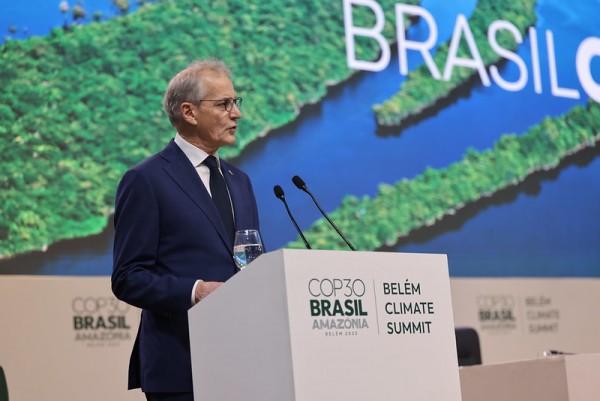Professor Tatiana Loboda Urges Use of Satellite Data to Guide Climate Adaptation
GEOG Professor and Department Chair joins an international team of scientists in outlining how Earth Observation can help countries adapt to impacts of climate change
As world leaders gather in Belém, Brazil, for the 30th United Nations Climate Change Conference of the Parties (COP30), a new perspective paper co-authored by Department of Geographical Sciences Professor and Chair Tatiana Loboda provides a framework for tracking progress toward the Paris Agreement’s Global Goal on Adaptation, which aims to help countries adapt to the impacts of climate change.
The paper, published in npj Climate and Atmospheric Science, is the result of a June 2024 forum hosted by the International Space Science Institute (ISSS), at which experts from diverse disciplines discussed how satellite data can guide smarter adaptation strategies.
Unlike other frameworks that focus mainly on hazard monitoring or climate observation, the framework Loboda and her co-authors propose explicitly links Earth Observation data to all stages of climate adaptation: assessing risks, identifying vulnerable populations, designing interventions, implementing actions and monitoring outcomes.
Read More of Renata Johnson's article on the Department of Geographical Sciences' website
Main image: Norway's Prime Minister Jonas Gahr Støre addresses a high-level meeting in COP30 in Belém, Brazil, by Statsministerens kontor, CC BY-NC 4.0 via flickr.
Published on Mon, Nov 17, 2025 - 10:53AM




